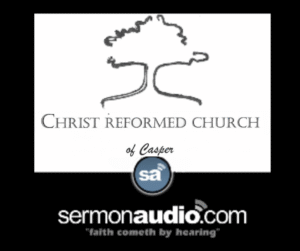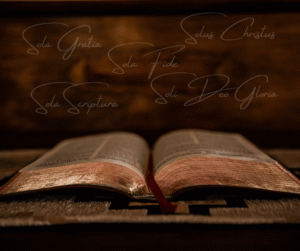Holy God, We Praise Your Name
2016-09-02
Holy God, we praise your name; Lord of all, we bow before you; all on earth your scepter claim, all in heav’n above adore you. Infinite your vast domain, everlasting is your reign. Hark, the glad celestial hymn angel choirs above are raising; cherubim and seraphim in unceasing chorus praising, fill the heav’ns with sweet accord: “Holy, holy, holy Lord.” Lo! the apostolic train join your sacred name to hallow; prophets swell the glad refrain, and the white-robed martyrs follow; and from morn to set of sun, through the church the song goes on. Holy Father, Holy Son, Holy Spirit, Three we name you; whileRead More →

